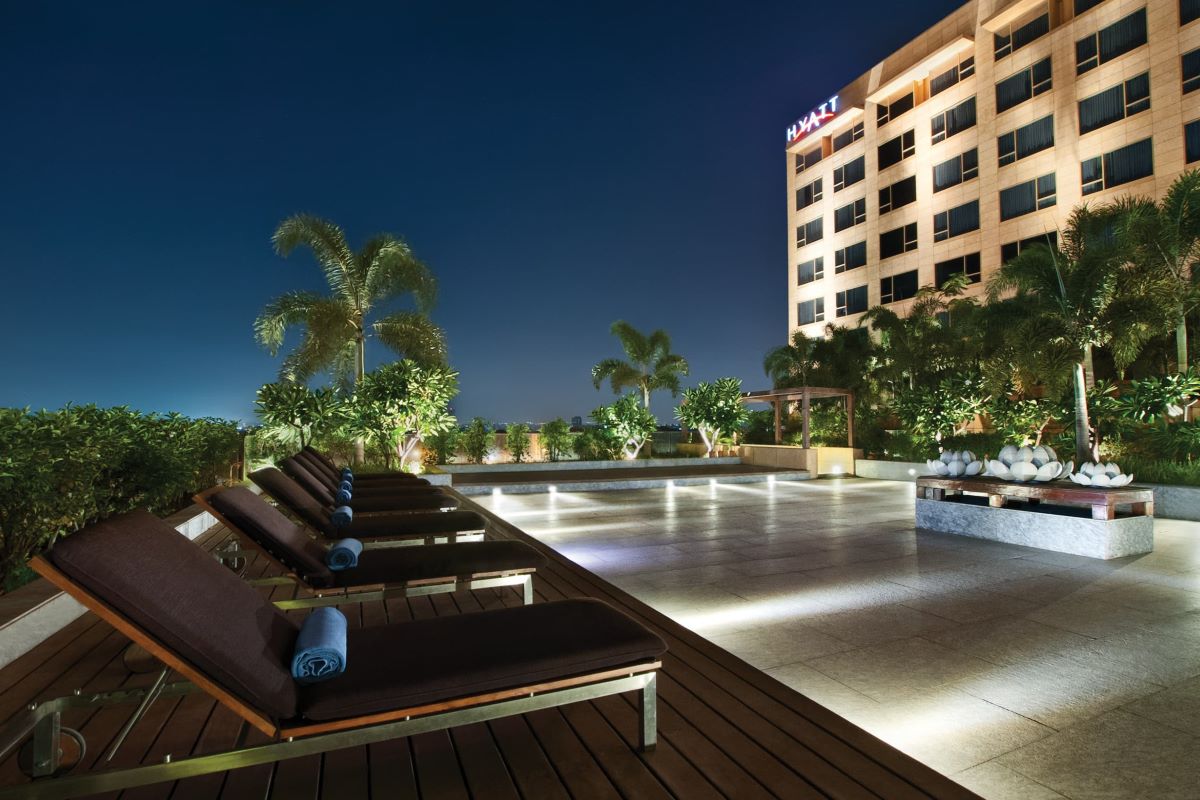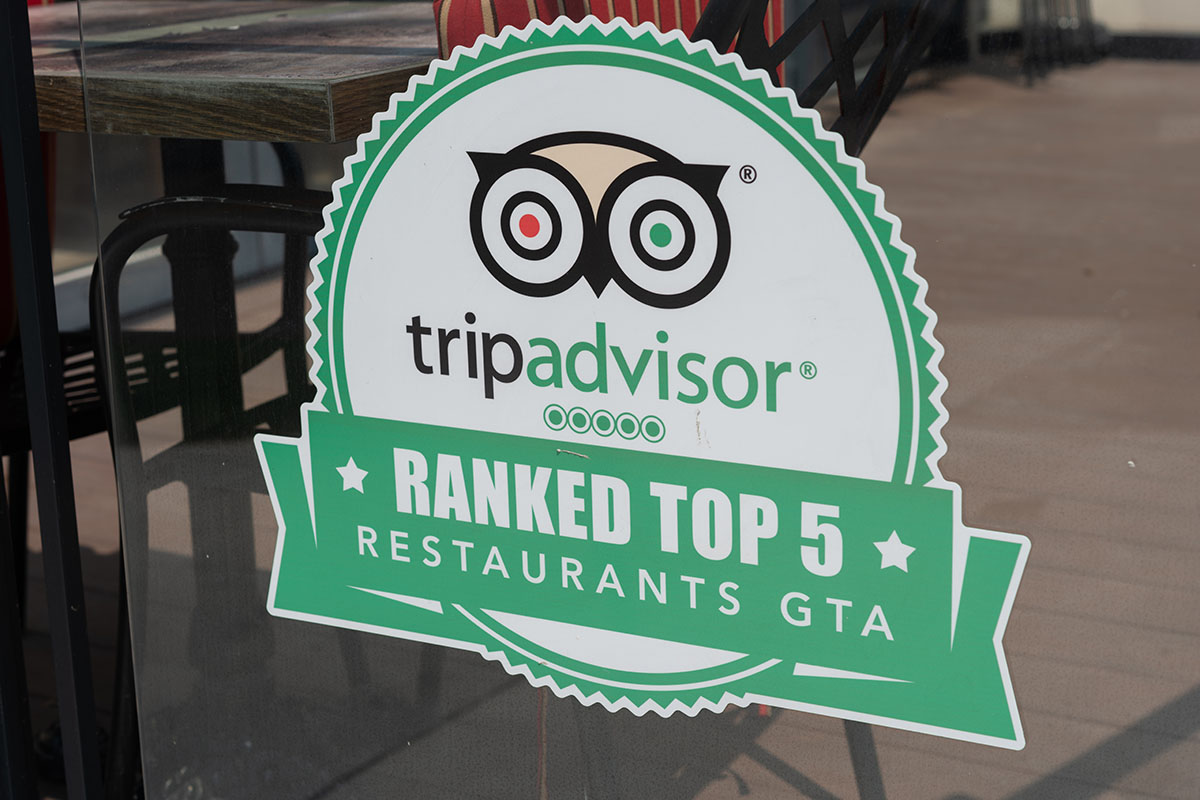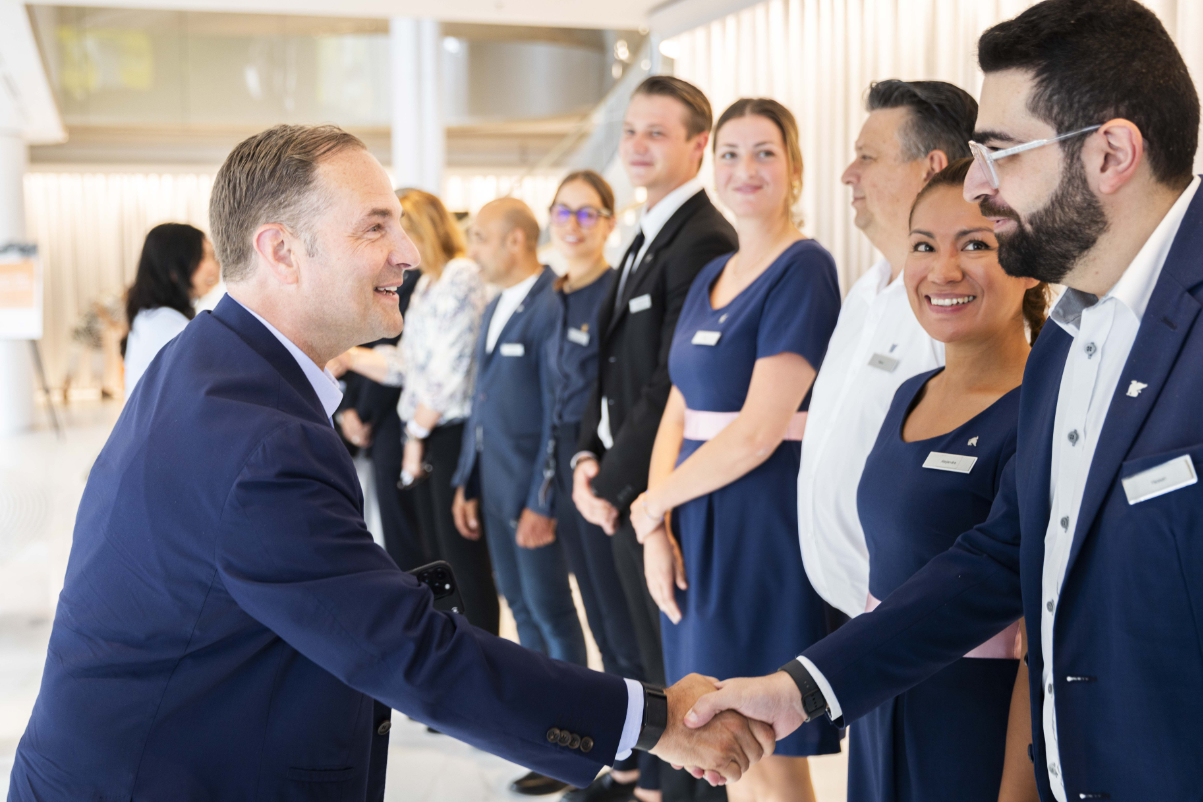Video: How Travelsify Matches Travel Brand and Customer DNA

Skift Take
Hospitality and travel is behind other industries when it comes to aligning products and customers to personalize the brand experience. Part of the reason for that is because hotels and restaurants have typically been tagged for online search with very basic attributes. While, on the other hand, consumer profiles are much more nuanced based on our digital footprints.
Travelsify is a travel technology company that has analyzed more than 400 million online reviews of hotels and restaurants to produce an indepth matrix of specific attributes that define their identity, or DNA. Therefore, the product identity, design, and experience for each is much more comprehensive, so it provides a highly delineated base of attributes to match against consumer preferences.
The increasing sophistication of artificial intelligence is supporting the ability for companies like Travelsify to produce that highly contextualized product DNA. Moving forward, the rise of AI-powered text and voice chat is propelling the quality of product intelligence even further, because people text and speak to machines with more humanistic and nuanced language than they do typing into Google search.
Meaning, the AI and natural language processing capabilities behind text and voice platforms are “learning” more about both the end users and the products they’re inquiring about, because there’s more language complexity involved in the conversation.
“I’m definitely convinced that conversational commerce, voice speakers, voice search, and chatbots powered by AI are leading the future, and obviously hospitality and travel will be deeply impacted,” said Bruno Chauvat, founder of Travelsify. “The adoption curve is even faster than smartphones.”
As an example, people might search in Google for a 4-star hotel in London, where they’re more inclined to ask for a cozy, 4-star design hotel in a shopping district in London via text or voice chat.
As such, those more subjective qualifiers and more specific location queries help define London hotels more specifically and holistically when you cull millions of online requests and reviews together.
Chauvat explains that entertainment and retail are breaking down their products’ attributes with an exponentially higher degree of sophistication, which they can then match up with consumer likes. Netflix, for example, has 77,000 sub-genres of movies and TV shows, whereas in the past, movies were characterized by basic themes such as “adventure” and “family.”
“In combining all these elements, they’re able to give you a match score,” said Chauvat, which is the basis for personalization and the future of brand engagement.
Travelsify is now bringing those sub-genres to hospitality and travel.
“That’s what we’re providing thanks to AI and the indepth knowledge we have about hotels and restaurants,” Chauvat continued. “At Travelsify, we create the hotel and restaurant DNA to narrow the gap between guest expectations and reality, which is the key to satisfaction.”




